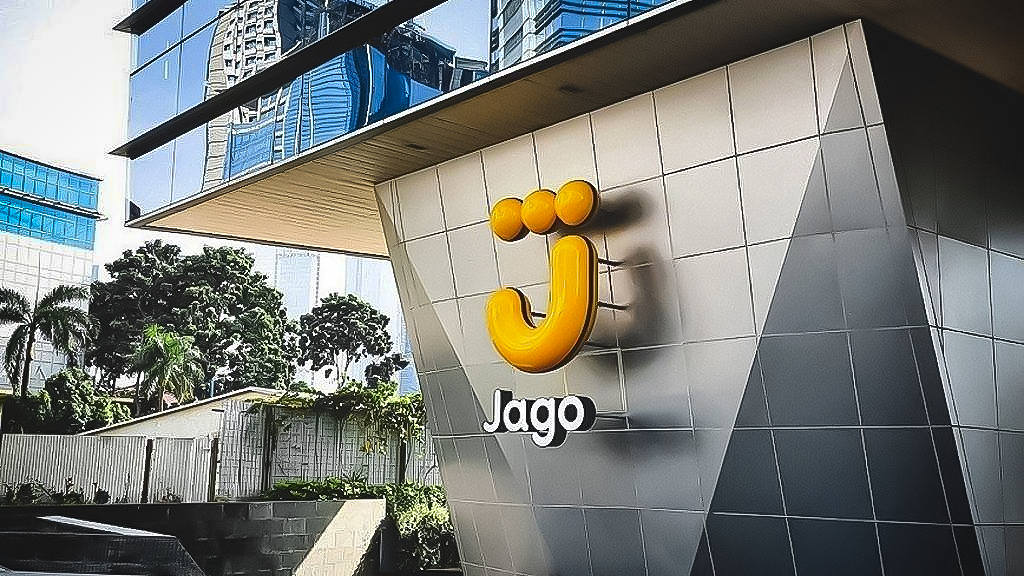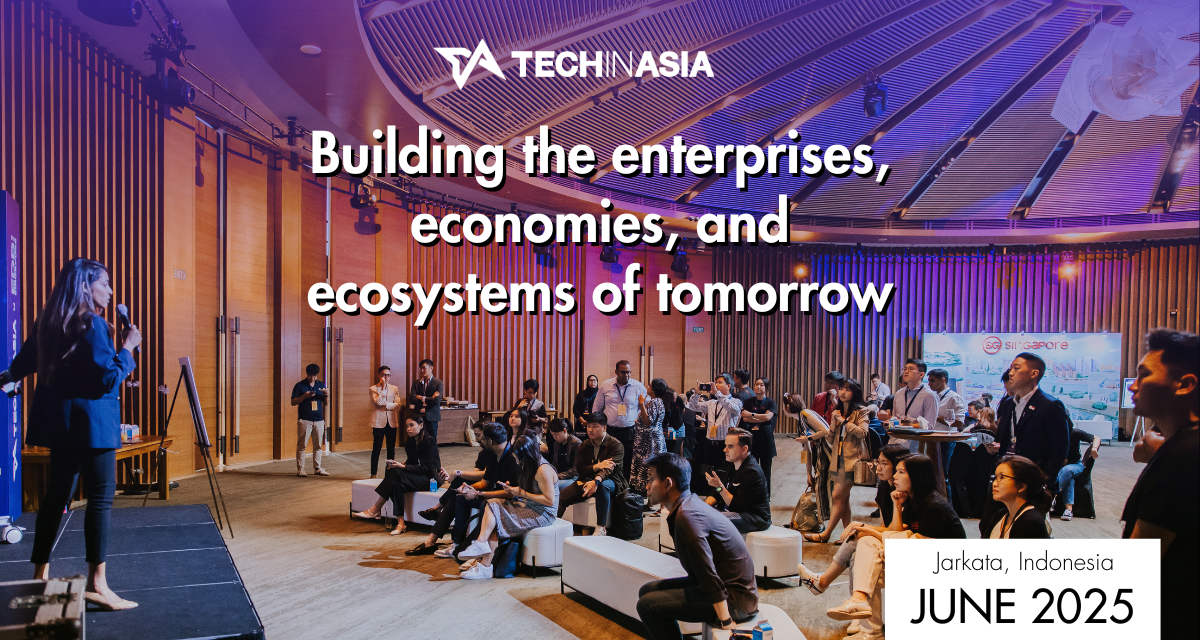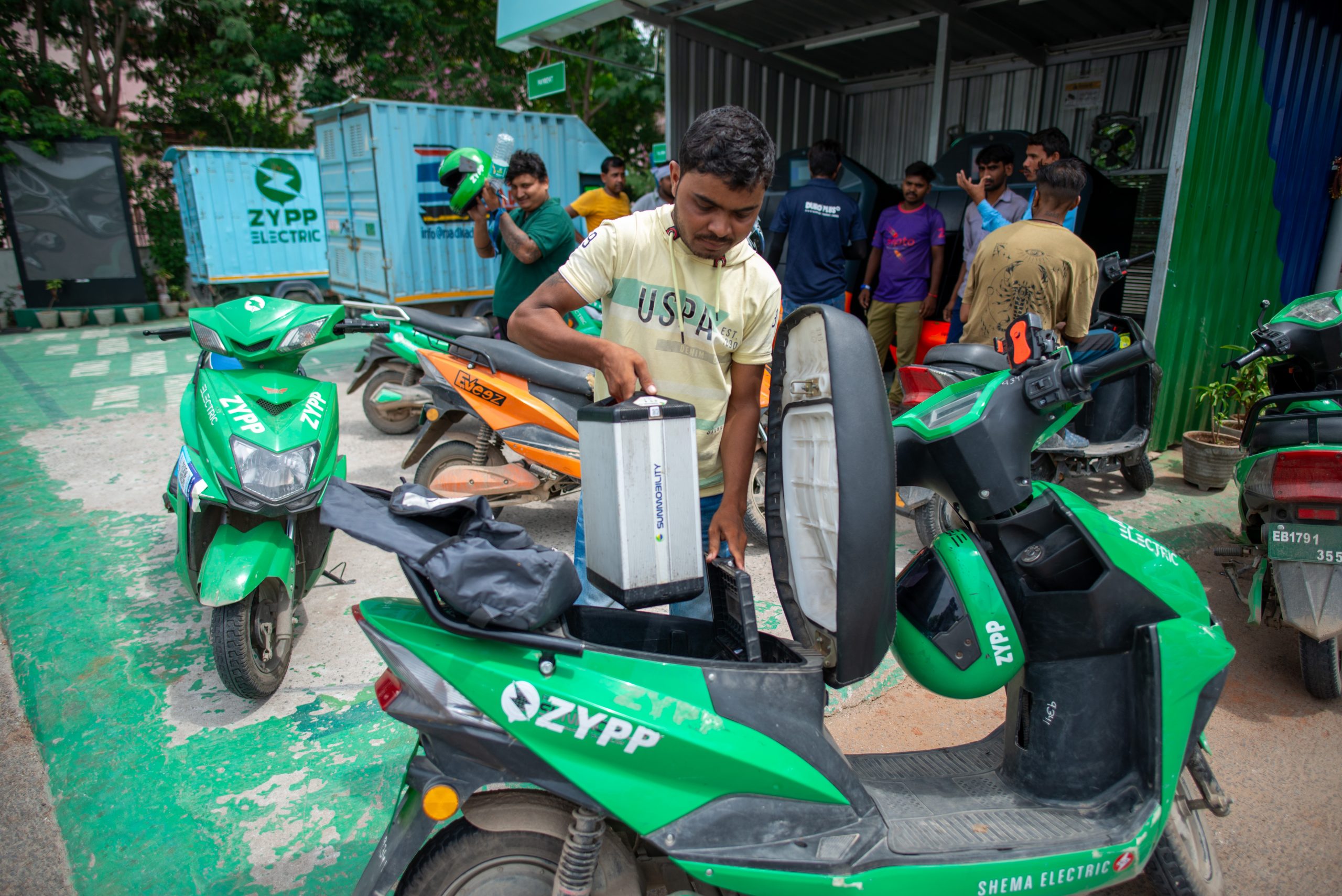IN FOCUS
In today’s newsletter, we look at:
- WeLab taking on Southeast Asia’s digibank space
- Bank Jago’s recipe for growth
Welcome to The Top Up! Delivered every fortnight via email and through the Tech in Asia website, this free newsletter breaks down the biggest stories and trends in fintech. Get it in your email inbox by registering here.
Hello,
It’s nice to see more foreign startups enter the Philippines. As someone who drinks unhealthy amounts of coffee, I was happy to see Zus land on our shores in late 2023.
It was interesting to see how the company localized its offerings while keeping some of its Malaysian flair. I’ve heard good things about its Gula Melaka drink too, although it might be too sweet for me.
Hong Kong-based digital bank WeLab Bank is looking to enter the Philippines as well, along with similar plans to expand in Malaysia and Vietnam. This comes after the company hit monthly breakeven for the first time in December 2024.
Instead of Hong Kong’s smaller but wealthier customer base, Southeast Asia offers a larger, if less-affluent, market. Still, WeLab Bank is aiming to be profitable in Indonesia and Thailand – the two markets in the region it currently operates in – within three to five years.
Speaking to my colleague Putra for this edition’s featured story, WeLab Bank founder and group CEO Simon Loong says it’s “ironic” that he’s become a banker again, having left a traditional bank “because I didn’t want to be a banker anymore.”
Meanwhile, in this week’s Hot Take, I take a look into the growth of one of WeLab’s rivals in Indonesia, Bank Jago.
— Miguel
THE BIG STORY
WeLab Bank cracked Hong Kong. Now it’s taking on Southeast Asia

Image credit: Timmy Loen
Founder Simon Loong expects profits in Indonesia and Thailand within five years of launch. It’s an uphill climb.
THE HOT TAKE
Bank Jago’s growth recipe

Photo credit: Bank Jago
Here’s what happened:
- Bank Jago had 15.3 million customers as of the end of 2024.
- This included the 12.1 million users of its Jago App, 50% higher than in 2023.
- Its net profits after tax increased by 78% to hit US$7.8 million.
Here’s our take:
Early in 2021, Bank Jago became Indonesia’s first fully digital bank, looking to provide a more personalized alternative to its customers compared to the offerings of incumbent banks.
Looking at its recent moves, it won’t be a surprise to see Bank Jago log good numbers in 2025.
Recently, it announced a partnership with Google Cloud, using the US tech titan’s BigQuery and Vertex AI platforms to improve its customer experience and generate cost-savings internally.
Bank Jago uses AI in areas like risk assessment, market intelligence, and customer care. The company said the collaboration will also help it bolster its AI models and train them on better data.
As for lending, which Bank Jago has offered since its launch, the firm has been steadily growing its loan book. The company recorded a 36% year on year growth in total credit distributed in 2024, which landed at around US$1.1 billion.
Bank Jago also took to partnerships to grow its loan portfolio. These include strengthening its tie-up with shareholder GoTo Group by providing loans for GoPayLater Installment orders, as well as forging similar lending deals with companies like Carsome Indonesia and Moladin.
And the bank is also expanding its portfolio of offerings, following the launch of a joint bank account and e-money service called GoPay Tabungan by Jago.
However, these initiatives have yet to show up in its stock price, which is down by 45% over the past year. The bank is also exposed to weakening economic conditions in Indonesia, although the firm’s non-performing loan ratio is still low at 0.2%.
A fresh chapter awaits ASEAN
Commit to resilience, innovation, and strategic partnerships

Southeast Asia’s startup scene shows resilience and innovation amid global economic headwinds. Still, moving forward requires strategic insight and collaboration.
At the Asia Economic Summit, we’ll tackle these complexities head-on, addressing critical questions on navigating the current venture cycle, overcoming key weaknesses in the region, and anticipating trends that will shape the future of tech in the Association of Southeast Asian Nations.
Build thriving enterprises, resilient economies, and sustainable ecosystems by exploring technologies that will transform businesses, harness overlooked investment opportunities, and influence impactful and inclusive policies. Learn more about the Asia Economic Summit today.
That’s it for this edition – we hope you liked it! Do also check out previous issues of the newsletter here.
See you next time!
Recommended reads
 Asia layoff tracker: EV players Scorpio Electric, Zypp slash jobs
Asia layoff tracker: EV players Scorpio Electric, Zypp slash jobs Animoca’s Yat Siu doubles down on Web3 while others pull back
Animoca’s Yat Siu doubles down on Web3 while others pull back Taobao could be the ace up Alibaba’s sleeve
Taobao could be the ace up Alibaba’s sleeve 20 fresh tech and startup jobs in Asia this week
20 fresh tech and startup jobs in Asia this week Why are private equity firms betting big on HR tech in Japan?
Why are private equity firms betting big on HR tech in Japan? Weekly funding: Israel-based Kela raises $28m
Weekly funding: Israel-based Kela raises $28m Unexpected yet practical insights for community building
Unexpected yet practical insights for community building Funds tracker: latest on Bessemer Venture Partners
Funds tracker: latest on Bessemer Venture Partners Quick meals, high costs: inside India’s 10-minute food fight
Quick meals, high costs: inside India’s 10-minute food fight WeLab Bank cracked Hong Kong. Now it’s taking on Southeast Asia
WeLab Bank cracked Hong Kong. Now it’s taking on Southeast Asia
Editing by Simon Huang and Jaclyn Tiu
(And yes, we’re serious about ethics and transparency. More information here.)









